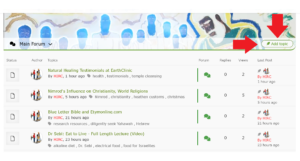Dry Fast Podcast Testimonial & Experience: Day 2 Morning
What to expect during a dry fast, physical changes, tips around air quality, weight loss patterns, iridology & sclera analysis, L’appel du vide (call of the void) or intrusive thoughts & dreams which are ultimately demonic in nature. Examples of jaundiced eyes at the end of the post.
Audio Player
Previous Podcast: Dry Fast Podcast: Day 1 Night
Next Podcast: Dry Fast Podcast: Day 2 Night
Video below explaining further L’appel du vide and it’s history:
ARTICLE: Brief Note On Iridology
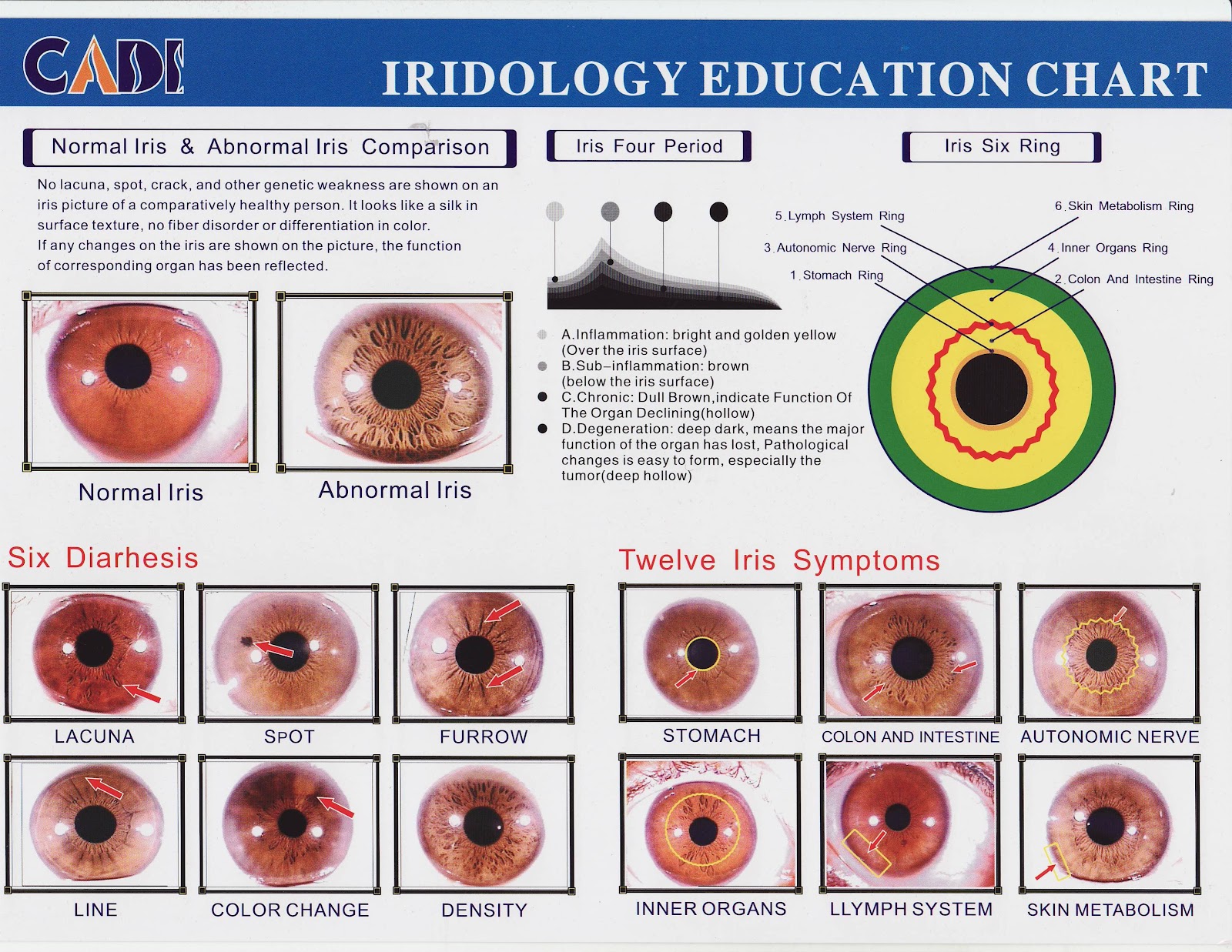
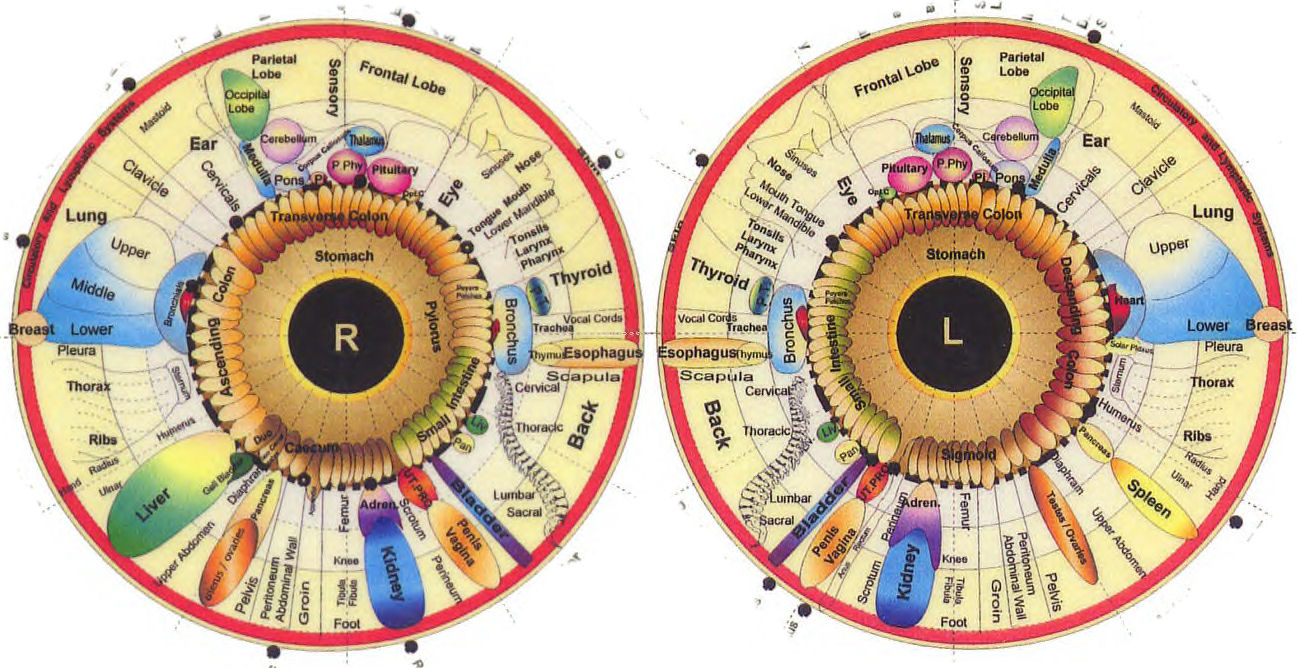
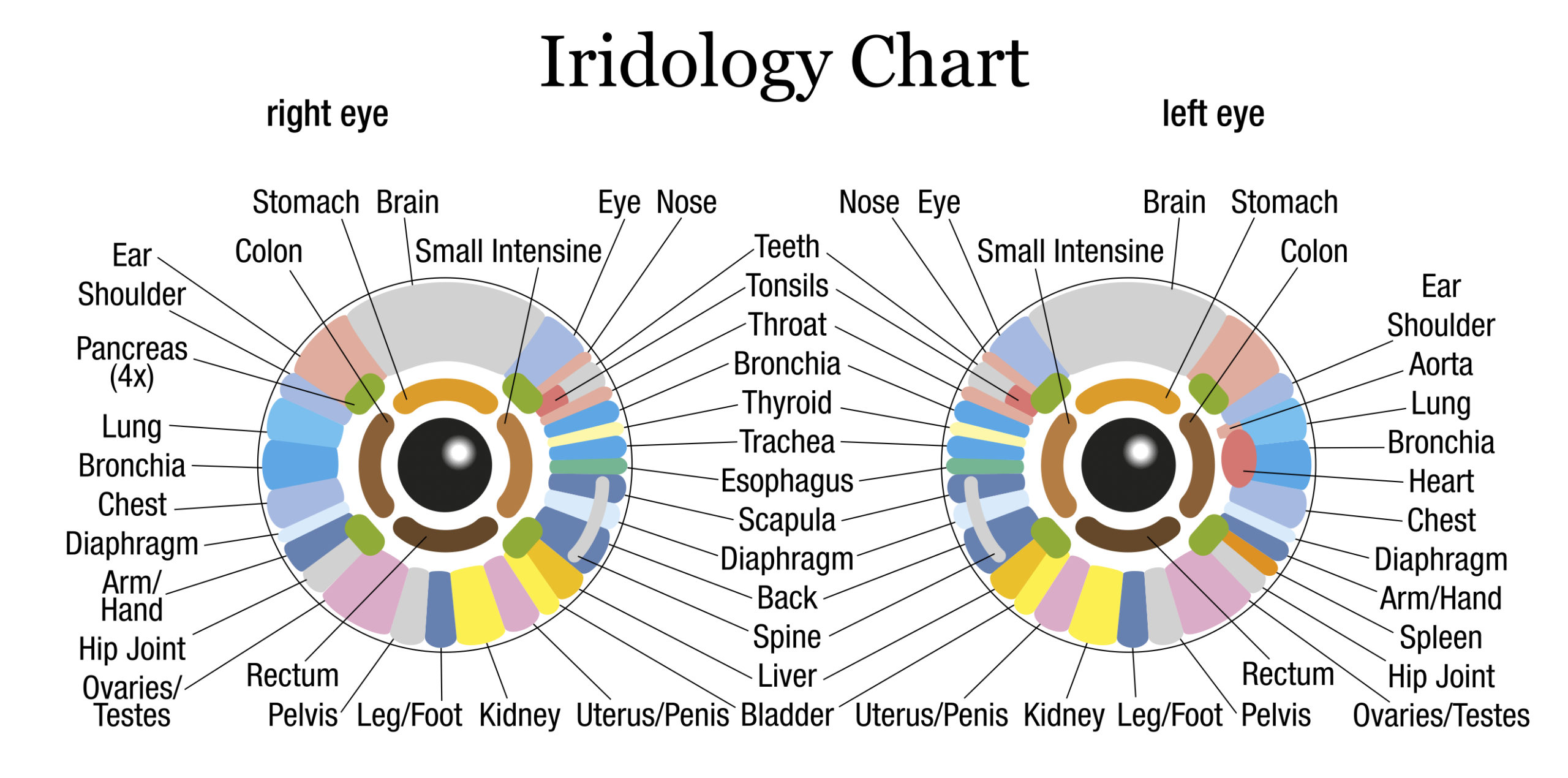

Sclerology (analysis of the whites of the eyes)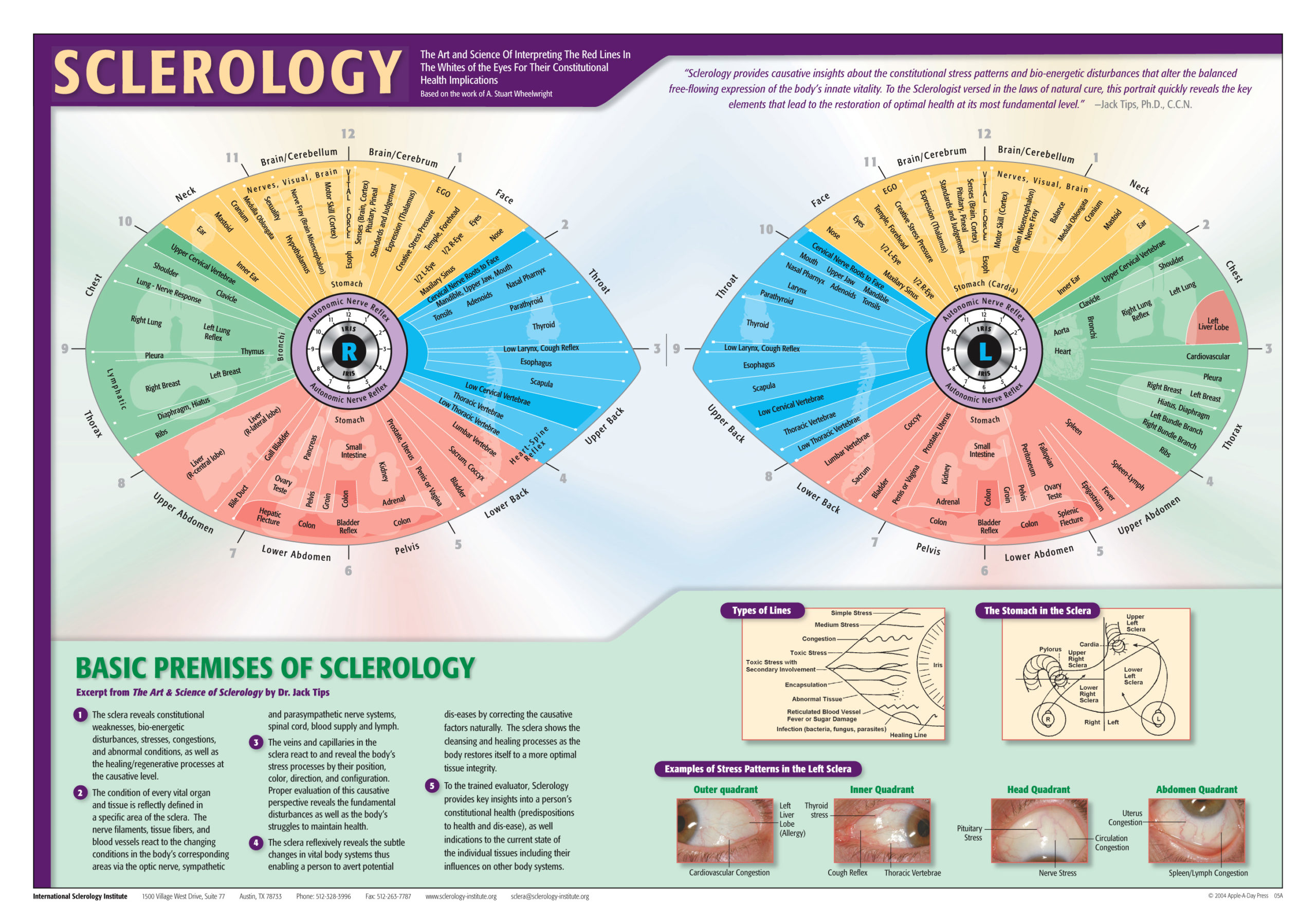
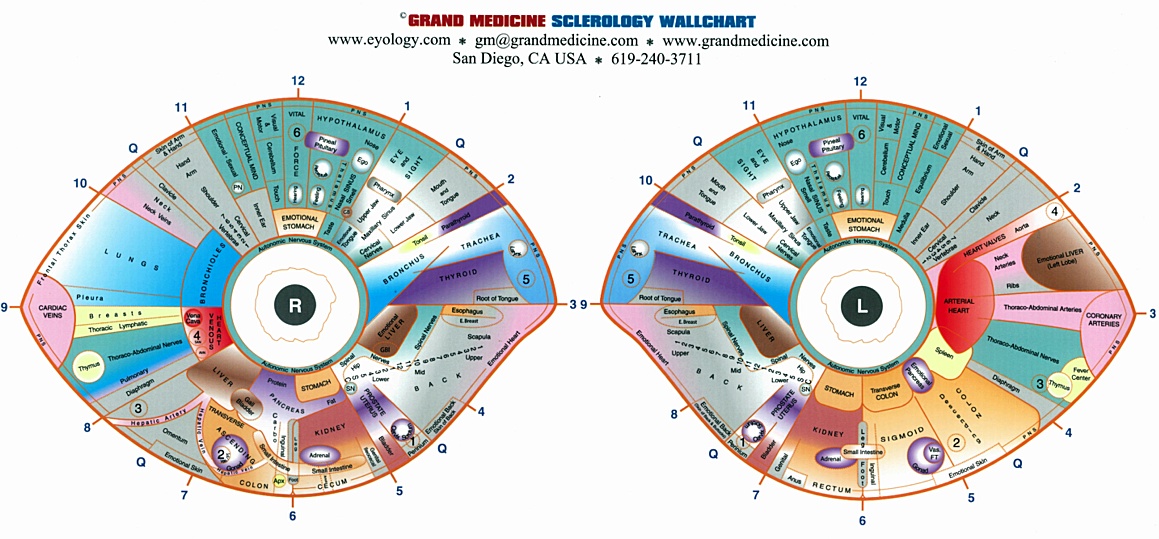
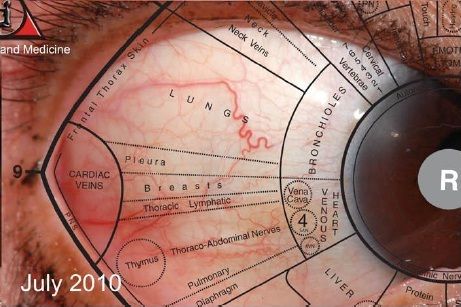
Example of jaundice expressed in the eyes (yellow sclera, muddy patches, red veins—the whites of the eyes should be gleaming white). Many men and women in so-called htird-world countries have this condition because they are given the most damaging and toxic vaccines by the nation of Edom, who rules over all the other Biblical nations of the earth today.
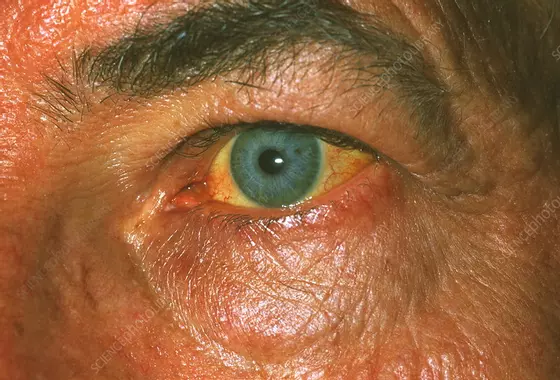

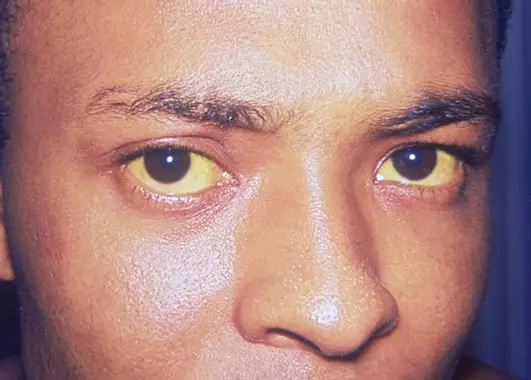




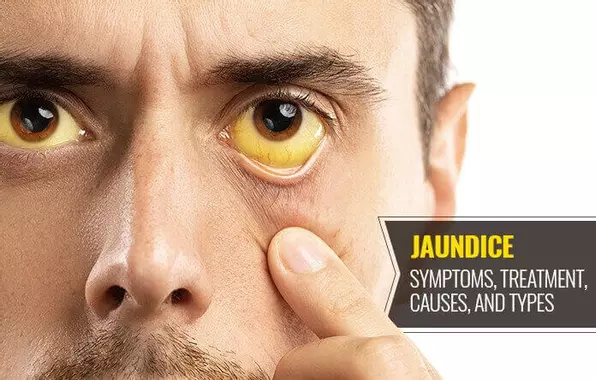

—
How Do Toxins Leave the Body?
We are exposed to toxins on a daily basis. Many people assume toxins are strictly chemical or man-made – such as car exhaust or cleaning products – but toxins also include mold, alcohol, over-the-counter medications and heavily-processed foods. Our bodies also produce toxins as part of their normal functioning: for example, carbon dioxide is a by-product of breathing and urea is produced when the body metabolizes protein. The body has natural processes to flush toxins from our systems, but those processes can be impaired by stress, poor sleep, over-exertion, and underlying health issues such as digestive or sinus problems. This can allow toxins to build up in our bodies and create health problems, such as skin irritations, breathing trouble, digestive issues, weight gain, fatigue and more. Because toxins inhibit the body’s ability to function normally and can lead to disease, it is important to understand how toxins leave the body and support your body’s natural detoxification processes.
How Do Toxins Leave The Body
While organs such as the lungs and kidneys play a role in removing toxins from the body, the main organ responsible for detoxification is the liver. Once the digestive system has broken down food, small particles enter the bloodstream and pass through the liver. The liver then filters the blood, separating useful nutrients from toxins and waste products. The nutrients are synthesized into biochemicals and proteins the body needs to function, while the toxins are converted into either bile (which passes to the small intestine) or urea (which passes to the kidneys) and are expelled from the body.
Breaking down toxins is a two-step process: first, the liver uses enzymes and oxygen to make toxins (particularly fatty ones) more water soluble and thus easier for the body to eliminate. Next, the partially processed toxins are combined with sulphur or amino acids so that they can be removed through bile or urine. If either of these processes is out-of-balance, it can create a toxic build-up. If toxins can’t be broken down fast enough in the first step, they will be recirculated through the bloodstream until the liver has enough enzymes to break them down. Conversely, if the toxins are broken down but the liver does not have enough amino acids to package them for expulsion, the partially-processed toxins will build-up in the body, visit https://suriaplasticsurgery.com/valtrex-valacyclovir/.
When you’re exposed to a heavy load of toxins through the environment or diet, especially over a long period of time, the nutrients needed for the second stage can become exhausted, preventing your liver from handling the load.
Signs Your Liver Is Overwhelmed
Allergic reaction to smells
Bad breath
Blood sugar imbalances
Chronic fatigue or lethargy
Difficulty concentrating (brain fog)
Digestive problems (including bloating, constipation and poor absorption of nutrients)
Elevated cholesterol levels
Headaches
Hormonal imbalances
Rashes and skin problems
Wakefulness at night, especially between 2-4am
Weight gain, especially around the abdomen
How To Support Day To Day Liver Function
A healthy liver begins with good digestive health. A healthy gut is the key to a healthy body. Digestive problems put extra strain on liver function and can weaken your immune system. Improving your gut health allows all your body’s system to function more efficiently and provides the liver with the nutrients it needs to function properly. Also be sure to drink plenty of water, as this helps with digestion and eliminates toxins through urine production.
There are also several foods that support healthy liver function, including:
Beets
Cruciferous vegetables (brussels sprouts, cabbage)
Garlic
Grapefruit
Green tea
Leafy green vegetables (kale, spinach)
Olive oil
Tuna fish & salmon (sparingly)
*note the list above is edited to reflect foods that have worked for me (as blood type O) and removed the ones that were detrimental for the specific purpose of healing & recovery
Article Source: https://anchorwellnesscenter.com/how-do-toxins-leave-the-body
Further Reading:
ARTICLE: What Is A Liver Flush?
ARTICLE: Hebrew Israelite Research Center Liver Flush Protocol & Experience
ARTICLE: Pottinger’s Cats, Dr. Bobby Price on Testosterone Levels, Diet, Fatty Liver in your 20s 30s & 40s
ARTICLE: Most Have Some Form of it Fatty Liver Disease
ARTICLE: Detox Your Body, Heal Your Liver With The Soluble Fiber Of Beans: Karen Hurd

